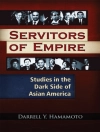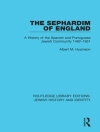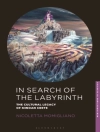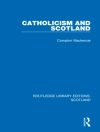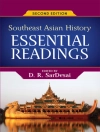Provides the first comprehensive analysis of the history of returning German POWs after the Second World War, explored as a history of memory both during Germany’s division and after unification.
Millions of former German soldiers (known as
Heimkehrer, literally ‘homecomers, ‘ or returnees) returned from captivity as prisoners of war at the end of the Second World War, an experience that had profound effects on German society and touched almost every German family. Based on ex...
Table of Content
Introduction: Writing the History of Returnees
Depicting Returnees: Contested Mass-Media Representations in East and West Germany
Negotiating Victim Status: The Pre...
Buy this ebook and get 1 more FREE!
Language English ● Format PDF ● Pages 362 ● ISBN 9781782045304 ● File size 11.7 MB ● Publisher Boydell & Brewer ● City Rochester ● Country US ● Published 2015 ● Downloadable 24 months ● Currency EUR ● ID 6952493 ● Copy protection Adobe DRM
Requires a DRM capable ebook reader


